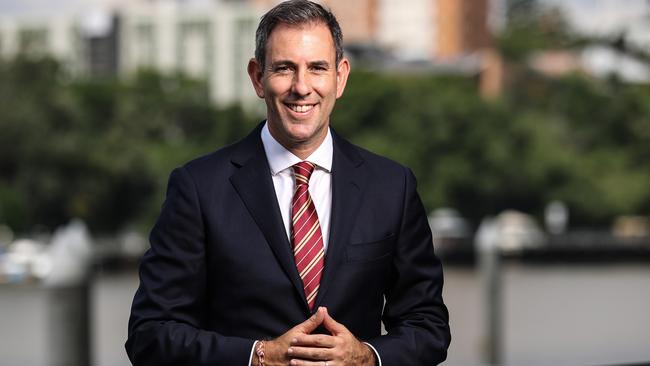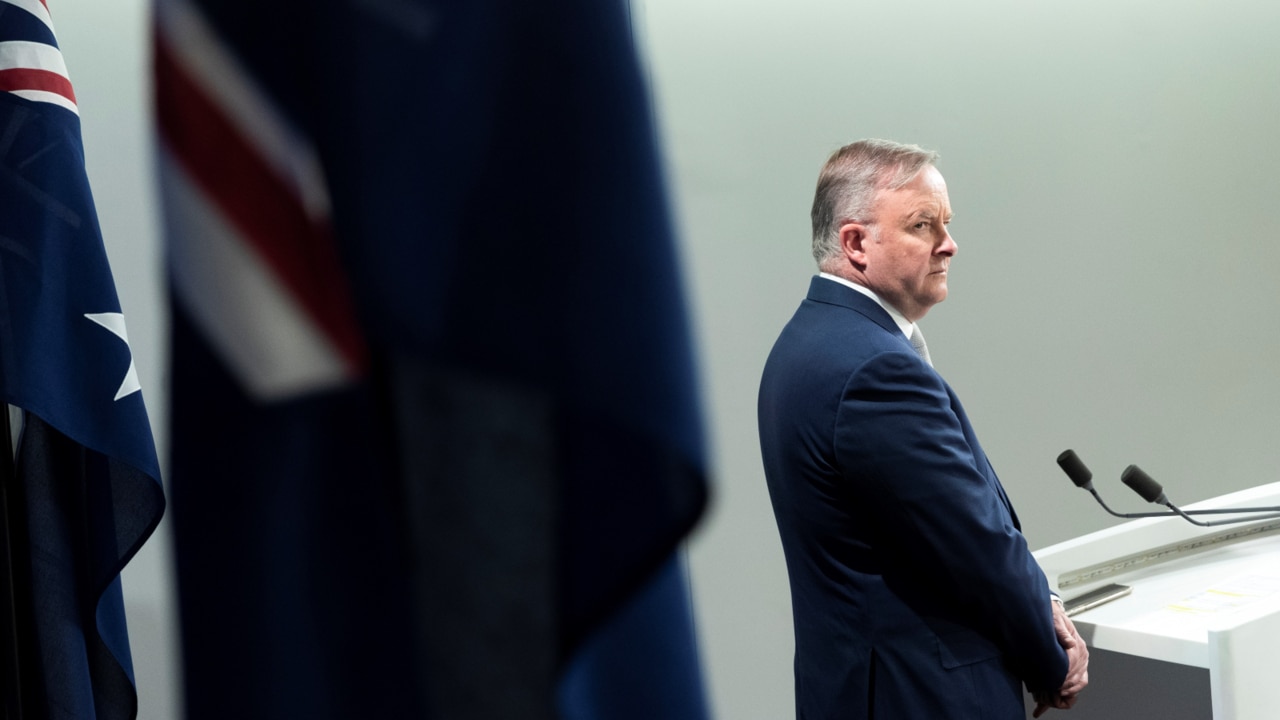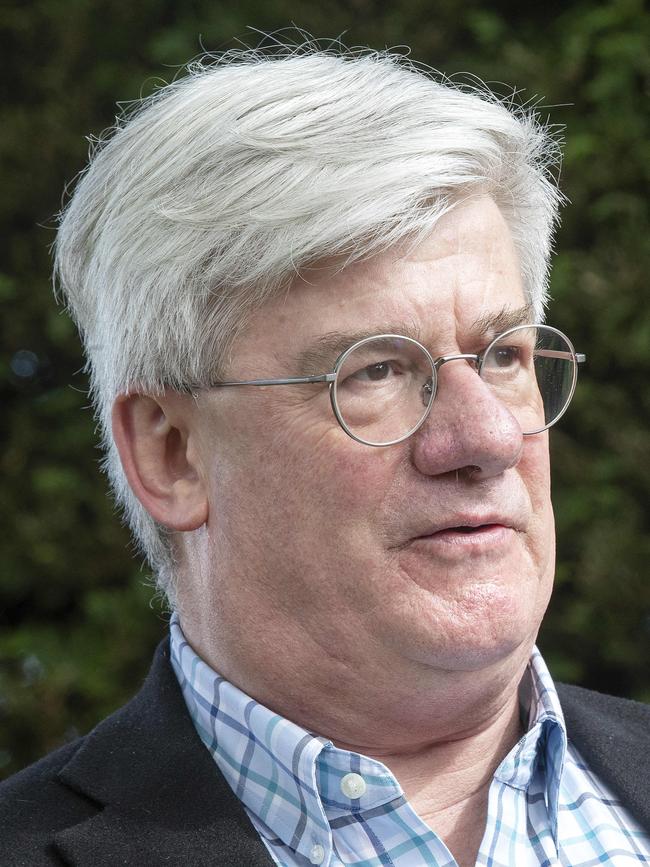We won’t revisit family trust crackdown: Labor’s Jim Chalmers
Opposition Treasury spokesman Jim Chalmers has ruled out reviving the family trust crackdown his party took to the last election.

Opposition Treasury spokesman Jim Chalmers has ruled out reviving the family trust crackdown his party took to the last election, formally abandoning the policy that was part of a suite of tax measures championed by Labor in 2019.
Dr Chalmers told Sky News that his party had no plans to lift taxes, saying the Morrison government was running a “scare campaign” ahead of the May poll.
“We’ve made it clear repeatedly and for some time now that we’re not taking (the) tax agenda to this election that we took to the last one,” Dr Chalmers said.
“We’ve made it very clear … we don’t have any proposals for tax increases beyond working with other countries to make the multinational tax regime fairer,” he said.
“There are other ways to fund our commitments responsibly, so that we do the right thing by the budget, by people, and by their economy.”
Josh Frydenberg on Sunday morning said any tax reform under a Coalition government would mean lower taxes.
“The Liberal definition (of tax reform) is a simpler tax system, a fairer tax system and lower taxes,” the Treasurer told the ABC.

“Our future is about lower taxes. We’re always looking for opportunities to cut taxes and in this budget, we’ve done it for small business, and for households.”
Labor in 2019 campaigned on a plan to impose the 30 per cent company tax rate on discretionary distributions from family trusts, preventing the common practice of splitting income from family businesses between family members.
This would have raised nearly $7.7bn over forward estimates, according to Parliamentary Budget Office costings at the time.
That was part of a suite of measures championed by then Labor leader Bill Shorten, who was also targeting dividend franking credits and tax incentives on residential investment properties, such as negative gearing.
Under family trust rules, a self-employed engineer or builder earning $200,000 a year could, for example, split this evenly with their non-working spouse, thus reducing the top marginal tax rate from 45c in the dollar to 37c.
Family trusts are a particularly popular structure with farmers, not least for estate planning purposes.

Independent economist Saul Eslake said there was a “good case” for taxing trust income in the same way as companies, but that it should be done “as part of a broader program of reforming the tax system”.
Mr Eslake said the purpose for family trusts when originally established under British law was to “pass assets between generations and shield assets from vengeful ex-spouses and indigent children”.
He said any reform could continue to allow them to be used in that way but make changes in the tax treatment.
“There are legitimate issues where in a family farm or business in which family members do generally work, in which case that work should be genuinely recognised and paid for through income,” Mr Eslake said.
Labor argued in 2019 that 98 per cent of taxpayers would not be affected by its proposed reforms to discretionary trusts.
Initially costing in 2017 an estimated $4.1bn over the four-year forward estimates period, the Parliamentary Budget Office ahead of the 2019 election costed the family trust tax reform at $7.7bn.
There were nearly 908,000 family trusts in 2018-19, according to the latest Australian Taxation Office statistics.
The ATO in February revealed that it would be cracking down on trusts that were distributing income to family members, especially adult children who were still living at home, who did not actually receive the cash or who passed it back to their parents.



